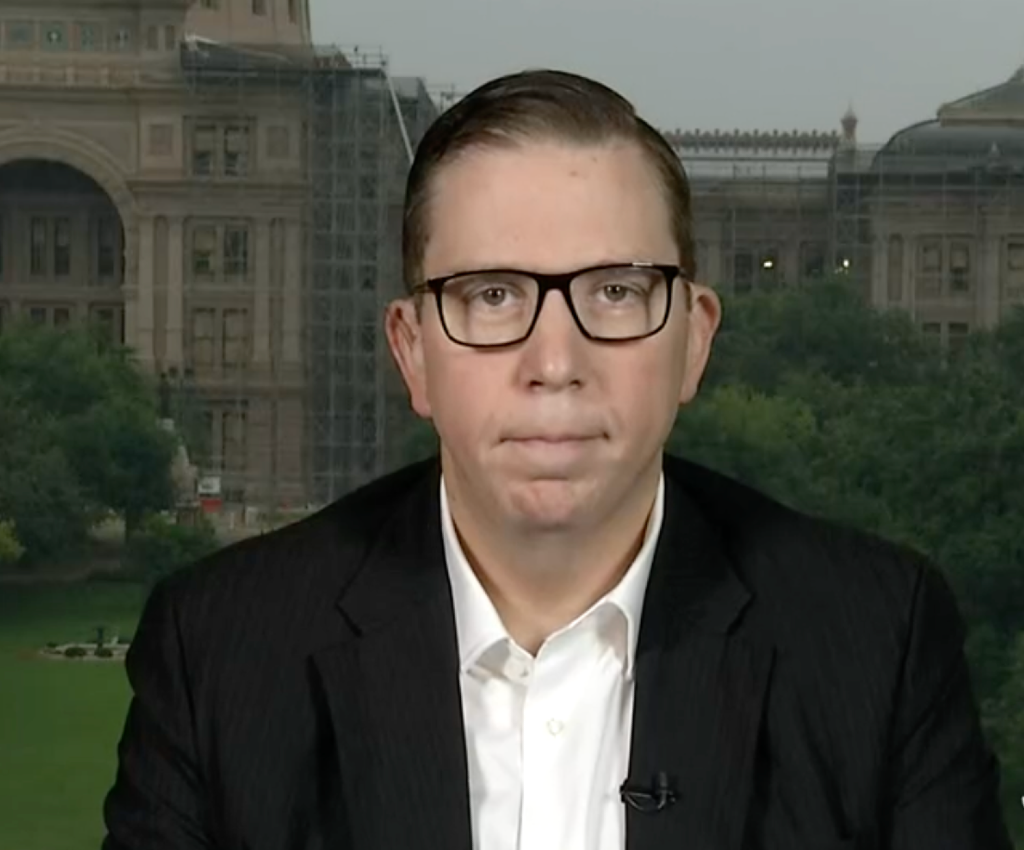High Court Watcher: SCOTUS Might Not Want to Upend Universal Service
The high court agreed Friday to review a decision finding the $8 billion-per-year broadband subsidy unconstitutional.
Jake Neenan

WASHINGTON, Nov. 26, 2024 – The Supreme Court might not be eager to rule the Universal Service Fund’s contribution scheme unconstitutional, according to one court analyst.
The high court agreed Friday to review a Fifth Circuit decision that found the $8 billion-per-year broadband subsidy, funded by fees on telecom providers, illegally took taxing power away from the legislature.
Steve Vladek, CNN’s Supreme Court Analyst and a Georgetown law professor, noted in his newsletter Monday that justices added in their order a question about whether or not the case was moot – conservative nonprofit Consumers’ Research had challenged a USF contribution factor for the first quarter of 2022, money that’s already been collected and paid out.
The Federal Communications Commission, which manages the fund and asked justices to overturn the order, itself had argued the question wasn’t moot as the program still operates with a new contribution factor being set each quarter. That’s the percentage of interstate voice revenue telecoms pay into the fund.
“Adding the question thus suggests that at least some justices are looking for a way, on their own, to wipe away the en banc Fifth Circuit’s ruling without even reaching” the legal question at the heart of the case, he wrote.
That is, among other things, whether the 1996 law standing up the fund violated the non-delegation doctrine, the principle that Congress can’t delegate legislative and other government powers to agencies.
Trent McCotter, an attorney representing Consumers’ Research, said at an October Federalist Society webinar that he liked the odds of SCOTUS reinvigorating the doctrine and curbing Congress’s ability to delegate broad power to federal agencies. He noted three conservative justices contemplated expanding the rule in a 2019 dissent and that two more Trump-appointees – Brett Kavanaugh and Amy Coney Barrett – had since been confirmed.
Vladek acknowledged this, but wrote that the high court could have taken other non-delegation cases in the time since and has chosen not to. He speculated other Supreme Court rulings curtailing federal agency power might have tamped down their desire for expanding the rule.
In any event, adding the mootness question was a “telling sign in its own right – an ‘off ramp’ that would keep the USF untouched while saving for another day the messier non-delegation questions at issue here. (Of course, that day may not be far in the offing.),” Vladek wrote.
Blair Levin, former FCC chief of staff and policy analyst for New Street Research, wrote in an investor note Monday he still thought justices might side with the agency, but he wasn’t as confident as Vladek.
“We think the Supreme Court will overturn the 5th Circuit decision, but our level of conviction is not high,” Levin wrote.
He noted Roberts court has tended to issue pro-business rulings – ISPs want to preserve the current system – and that the court has nixed other Fifth Circuit rulings that would have upended existing precedent, but said there was also “significant Republican support for the idea that the current system is constitutional.”
“Here, the businesses implicated wish to uphold the current system, making us think they will vote to overturn the 5th Circuit. But that is far from certain,” Levin wrote.
The FCC is of course coming under new leadership in January, but Brendan Carr, the incoming chairman, has voiced support for widening the USF contribution base under the current framework rather than restructuring it.









Member discussion